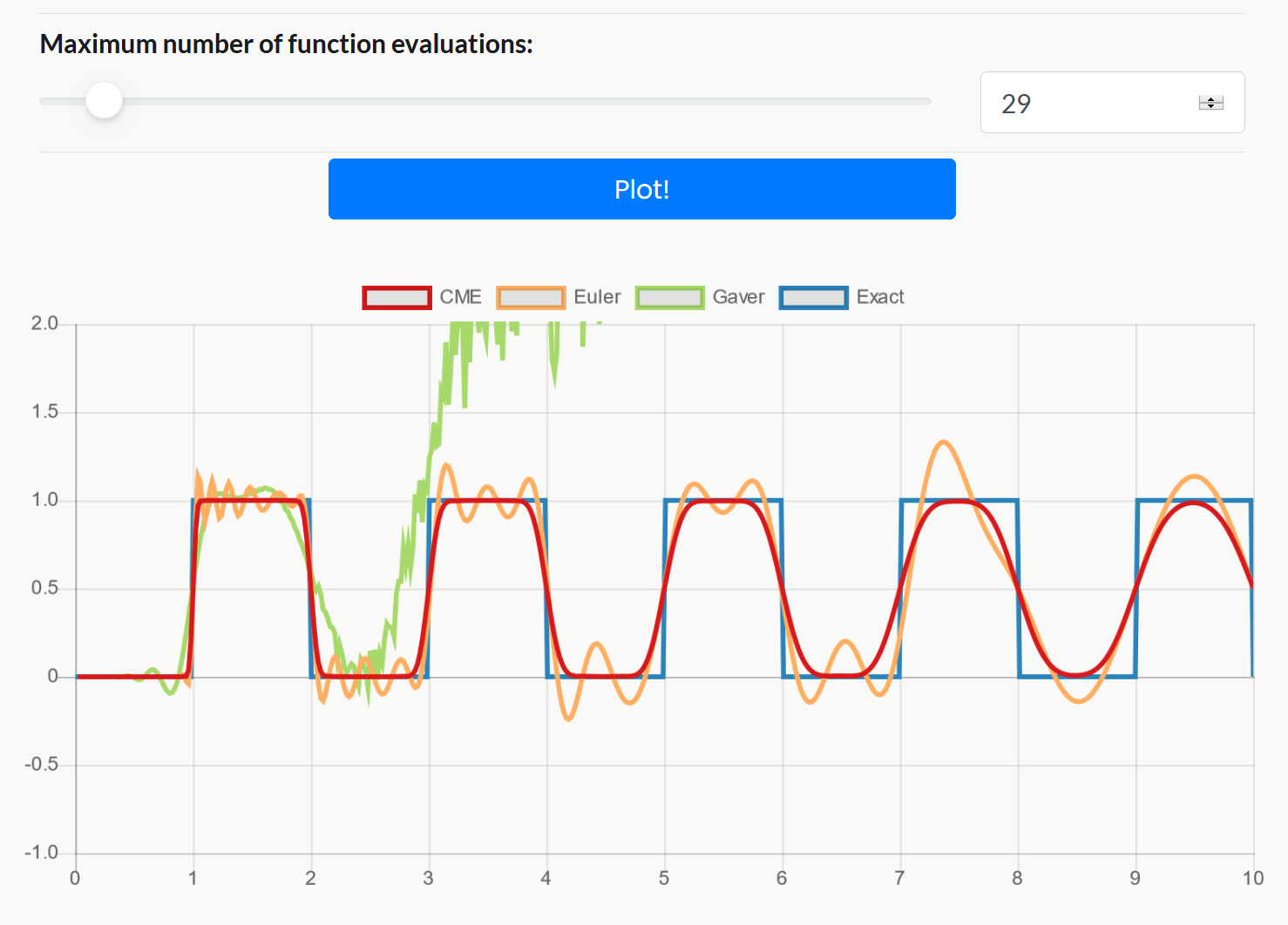A Software Engineer's Toolkit for Quant. Research
Patrick Laub
QMNET, 4th June 2021

Outline
Demo 1: Python & Jupyter remotely
- SSH
- JIT-compiling & parallelisation with numba
- Slideshow with Reveal.js & Markdown
Demo 2: Mathematica
Demo 3: LaTeX
- Automatic bibliography with BibTeX
Demo 4: Make a basic website
- Git, Jekyll, Github pages



Work
Home
Melbourne Research Cloud
Spartan cluster
Amazon AWS





Background
- UQ Software engineering & math
- PhD (Aarhus & UQ): Computational applied probability
- Post-doc #1 (ISFA): Insurance applications
- Post-doc #2 (UoM): Empirical dynamic modelling

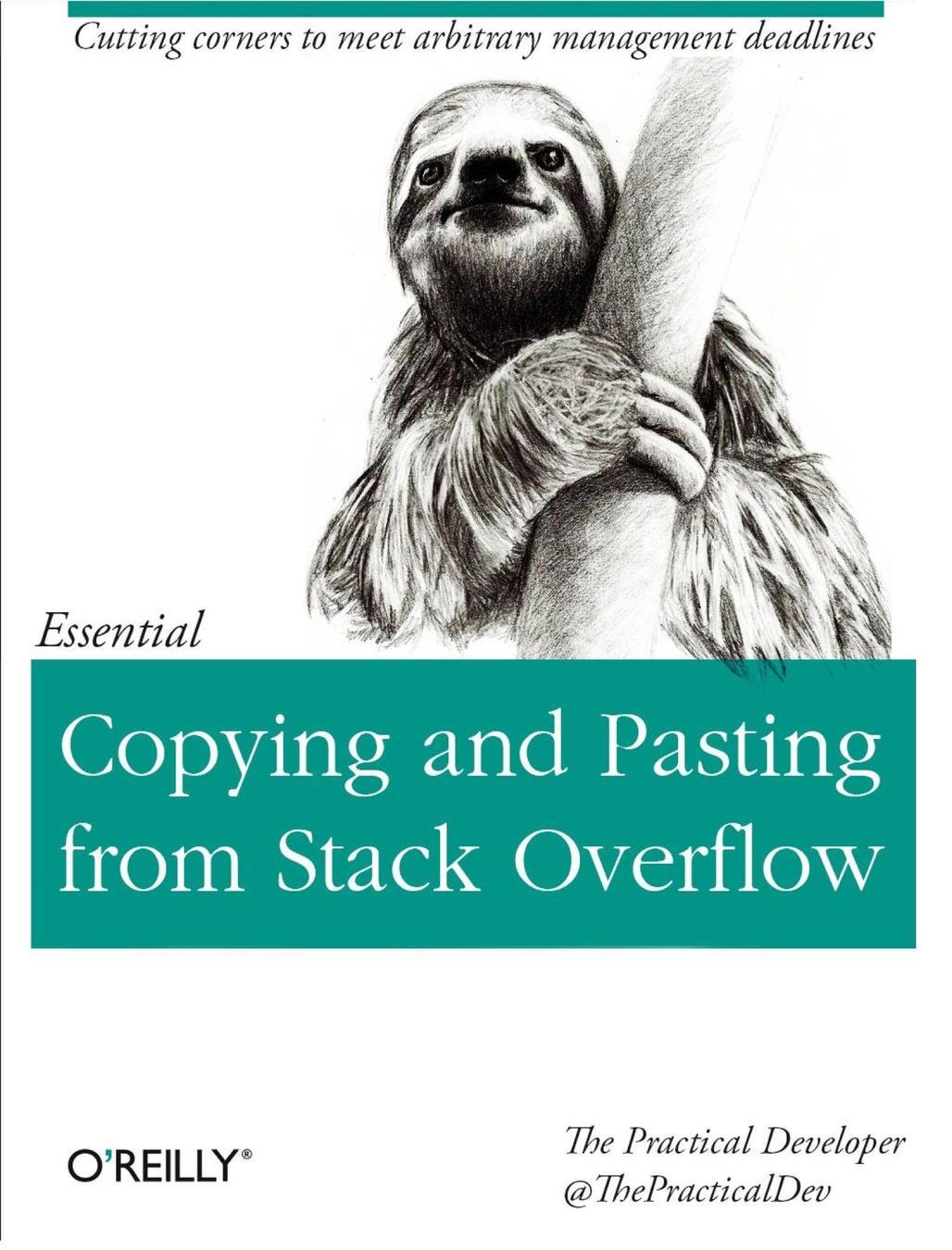

Lifewire / Tim Liedtke

Chrome Remote Desktop

TeamViewer
Windows Terminal Preview v 1.9
'Quake mode' (Win/Cmd + `)
All have a terminal
Secure shell
(Use "mosh" for cellular connections)
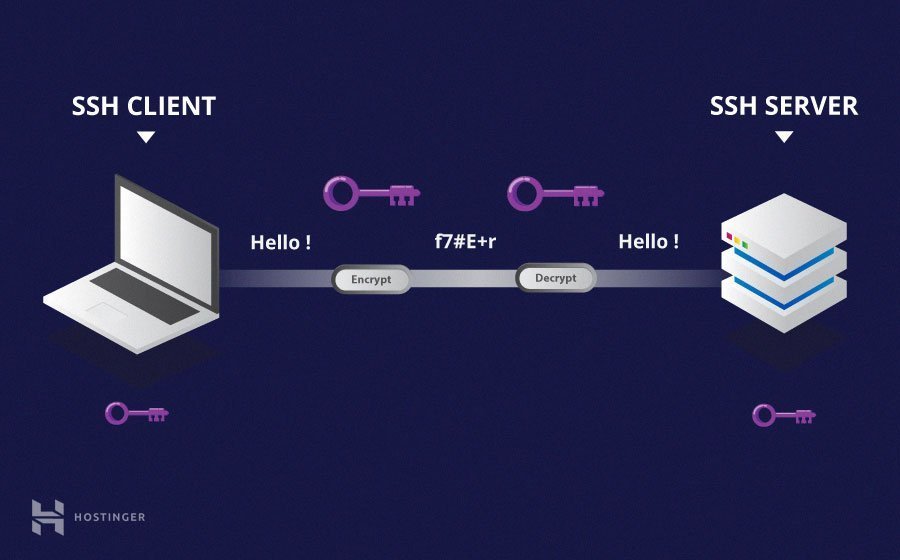
Secure shell
ssh username@ip-address
<enter password>
~/.ssh/config
Host mrc
HostName 123.123.123.123
User plaub
ssh-keygen
- Makes "id_rsa" private key
- Makes "id_rsa.pub" public key
(Use "mosh" for cellular connections)
Terminal commands
Moving around the filesystem
ls = list files
cd = change directory
pwd = print working directory
Forgotten something?
<Ctr> + <r> = reverse search
Installing a program
sudo apt-get install ...
conda install ...
brew install ...
winget install ...
File stuff
cp = copy
mv = move (= rename)
Terminal commands
Moving around the filesystem
ls = list files
cd = change directory
pwd = print working directory
Special folders
. = current directory
~ = home directory
Flags
ls -ltrh
Help me!
man bla
Things that aren't flags
ls ./My Project
ls "./My Project"
ls ./My\ Project
Forgotten something?
<Ctr> + <r> = reverse search
Installing a program
sudo apt-get install ...
conda install ...
winget install ...
/ = Linux/Mac separator
\ = Windows separator
File stuff
cp = copy
mv = move (= rename)
Jupyter
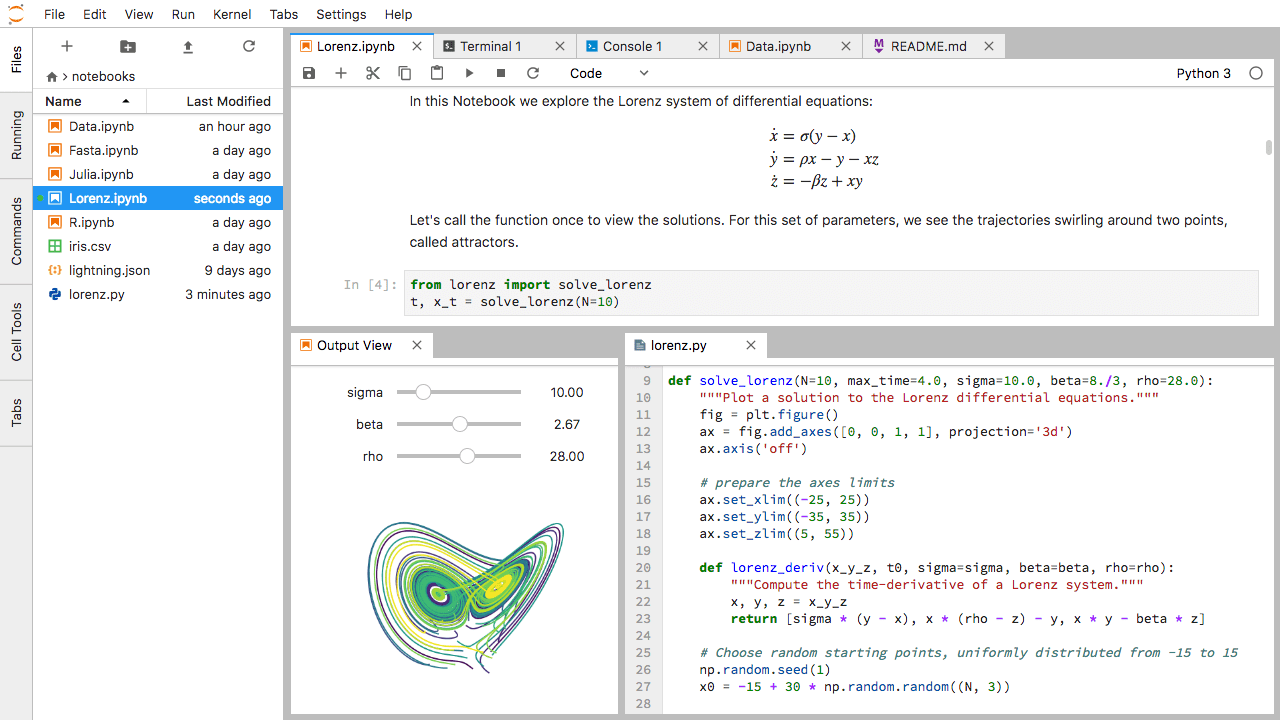



Port

IP Address
(Open ports to firewall)

Hidden IP Address'
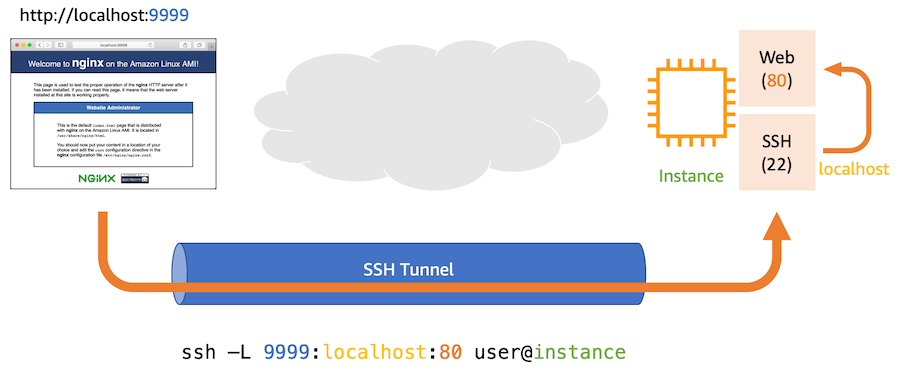

Google Colab
reveal.js
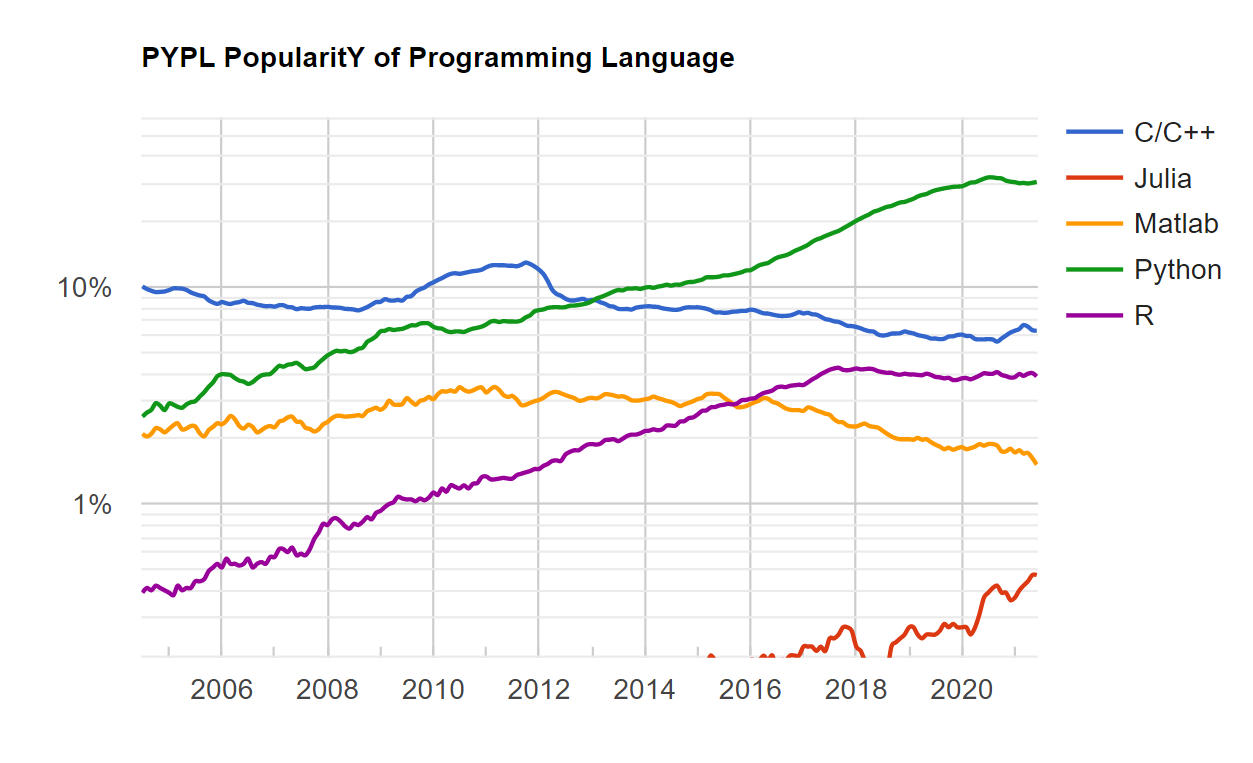
-
Python 3.9 (October 2020)
-
R 4.1.0 (May 2021)
-
C++ (2020)
-
Julia 1.6.1 (April 2021)
-
Mathematica 12.3 (May 2021)
Software experience
- Assembly
- Bash
- C
- C#
- C++
- CSS
- Dart
- HTML
- Java
- JavaScript
- Jekyll (Markdown)
- Julia
- LaTeX
- Mathematica
- Matlab
- Perl
- PHP
- Python
- R
- Ruby (on Rails)
- Stata
- SQL
- Visual Basic
Mathematica
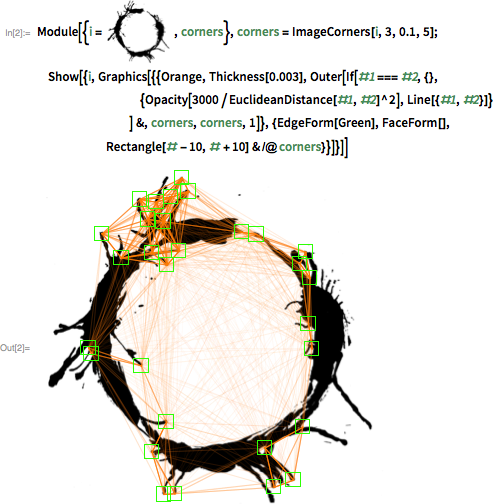

https://writings.stephenwolfram.com/2016/11/quick-how-might-the-alien-spacecraft-work/
Monte Carlo
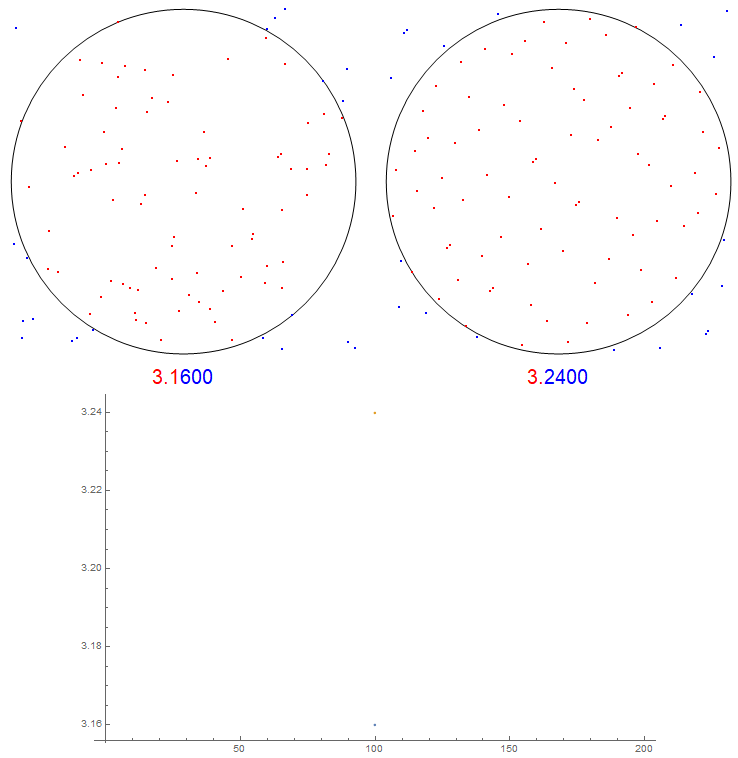
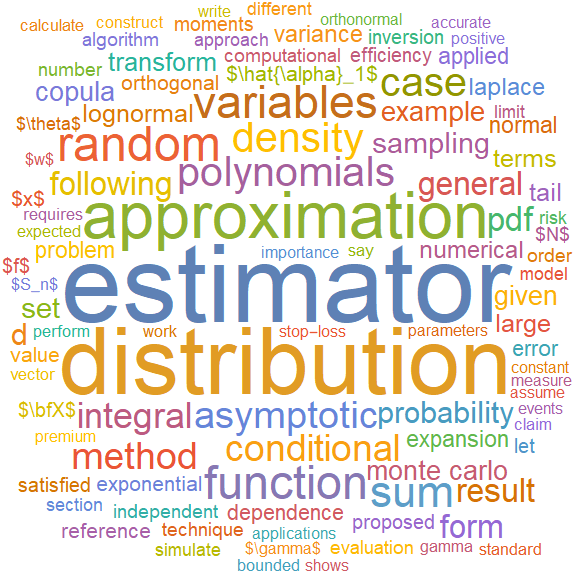
My Thesis

C.f. Lin Clark (2017), A crash course in JIT compilers
https://hacks.mozilla.org/2017/02/a-crash-course-in-just-in-time-jit-compilers/
Talking to a computer
What does a machine understand?
Intel i5 (2010): add (0101), subtract (1111), ...
Intel i7 (2020): add (0101), subtract (1111), add_vectors (1011), ...
Apple M1 (2020): add (100), subtract (111), ...
movl $0x1, -0x8(%rbp)int x = 1;Instruction set architecture (ISA), e.g. x86-64
Try Compiler Explorer https://godbolt.org/z/dTv78M
Interpreters & compilers
C.f. Lin Clark (2017), A crash course in JIT compilers


Why is (raw) Python slow?
x = 1
y = 2
z = x + yint x = 1;
int y = 2;
int z = x + y;// x = 1
if (PyDict_SetItem(__pyx_d, __pyx_n_s_x, __pyx_int_1) < 0) {
__PYX_ERR(0, 2, __pyx_L1_error);
}
// y = 2
if (PyDict_SetItem(__pyx_d, __pyx_n_s_y, __pyx_int_2) < 0) {
__PYX_ERR(0, 3, __pyx_L1_error);
}
// z = x + y
__Pyx_GetModuleGlobalName(__pyx_t_1, __pyx_n_s_x);
if (unlikely(!__pyx_t_1)) {
__PYX_ERR(0, 4, __pyx_L1_error);
}
__Pyx_GOTREF(__pyx_t_1);
__Pyx_GetModuleGlobalName(__pyx_t_2, __pyx_n_s_y);
if (unlikely(!__pyx_t_2)) {
__PYX_ERR(0, 4, __pyx_L1_error);
}
__Pyx_GOTREF(__pyx_t_2);
__pyx_t_3 = PyNumber_Add(__pyx_t_1, __pyx_t_2);
if (unlikely(!__pyx_t_3)) {
__PYX_ERR(0, 4, __pyx_L1_error);
}
__Pyx_GOTREF(__pyx_t_3);
__Pyx_DECREF(__pyx_t_1);
__pyx_t_1 = 0;
__Pyx_DECREF(__pyx_t_2);
__pyx_t_2 = 0;
if (PyDict_SetItem(__pyx_d, __pyx_n_s_z, __pyx_t_3) < 0) {
__PYX_ERR(0, 4, __pyx_L1_error);
}
__Pyx_DECREF(__pyx_t_3);
__pyx_t_3 = 0;Python
C++
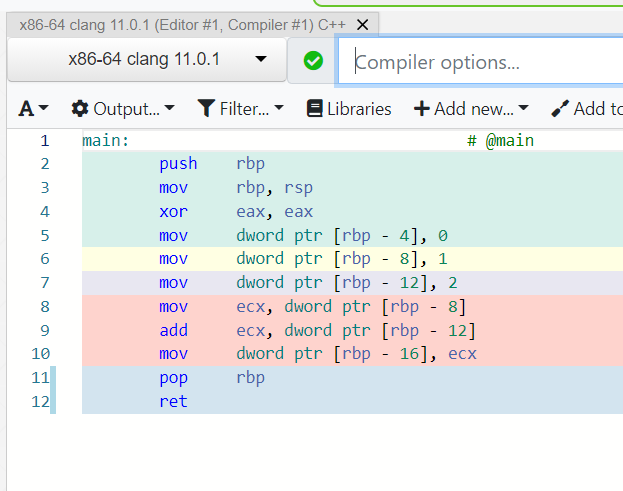
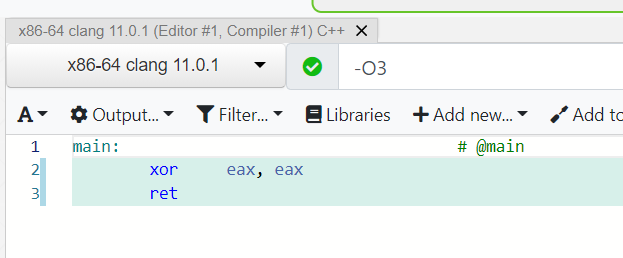
Try Compiler Explorer https://godbolt.org/z/dTv78M
def arraySum(arr):
sum = 0;
for i in range(len(arr)):
sum += arr[i];
return sum
C.f. Lin Clark (2017), A crash course in JIT compilers
https://hacks.mozilla.org/2017/02/a-crash-course-in-just-in-time-jit-compilers/
def sample_geometric_exponential_sums(T, p, μ):
X = np.zeros(T)
N = rnd.geometric(p, size=T)
U = rnd.exponential(μ, size=N.sum())
i = 0
for t in range(T):
X[t] = U[i:i+N[t]].sum()
i += N[t]
return XVanilla Python
from numba import njit
@njit()
def sample_geometric_exponential_sums(T, p, μ):
X = np.zeros(T)
N = rnd.geometric(p, size=T)
U = rnd.exponential(μ, size=N.sum())
i = 0
for t in range(T):
X[t] = U[i:i+N[t]].sum()
i += N[t]
return XFirst run is compiling (500 ms), but after we are
down from 2.7 ms to 164 μs (16x speedup)
JIT-compilation
def minimise(f, x0 = 0.0, step = 0.1, maxIters = 100):
epsilon = 1e-2
x = x0
for iter in range(maxIters):
fDash = (f(x + epsilon) - f(x)) / epsilon
x -= step * fDash
return x, f(x)
if __name__ == "__main__":
f = lambda x: (x-4)**2
minimiser, minValue = minimise(f)
print(f"Minimum value of {minValue} attained at {minimiser}")36.63 s
(1,000,000 repetitions)
Going to C++
#include <iostream>
auto minimise(double f(double), double x0 = 0.0,
double step = 0.1, int maxIters = 100) {
double x = x0;
double epsilon = 1e-2;
for (int iter = 0; iter < maxIters; iter++) {
double fDash = (f(x + epsilon) - f(x)) / epsilon;
x -= step * fDash;
}
return std::make_pair(x, f(x));
}
int main(void) {
auto f = [](double x) { return (x-4)*(x-4); };
auto [minimiser, minValue] = minimise(f);
std::cout << "Minimum value of " << minValue
<< " attained at " << minimiser << std::endl;
return 0;
}clang++ gradient-descent.cpp -std=c++17 -O31.18 s
(1,000,000 repetitions)
double arr[3] = { 1.0, 2.0, 3.0 };
for (auto& x : arr) {
std::cout << x << std::endl;
}For-each loops & auto types
RStudio server
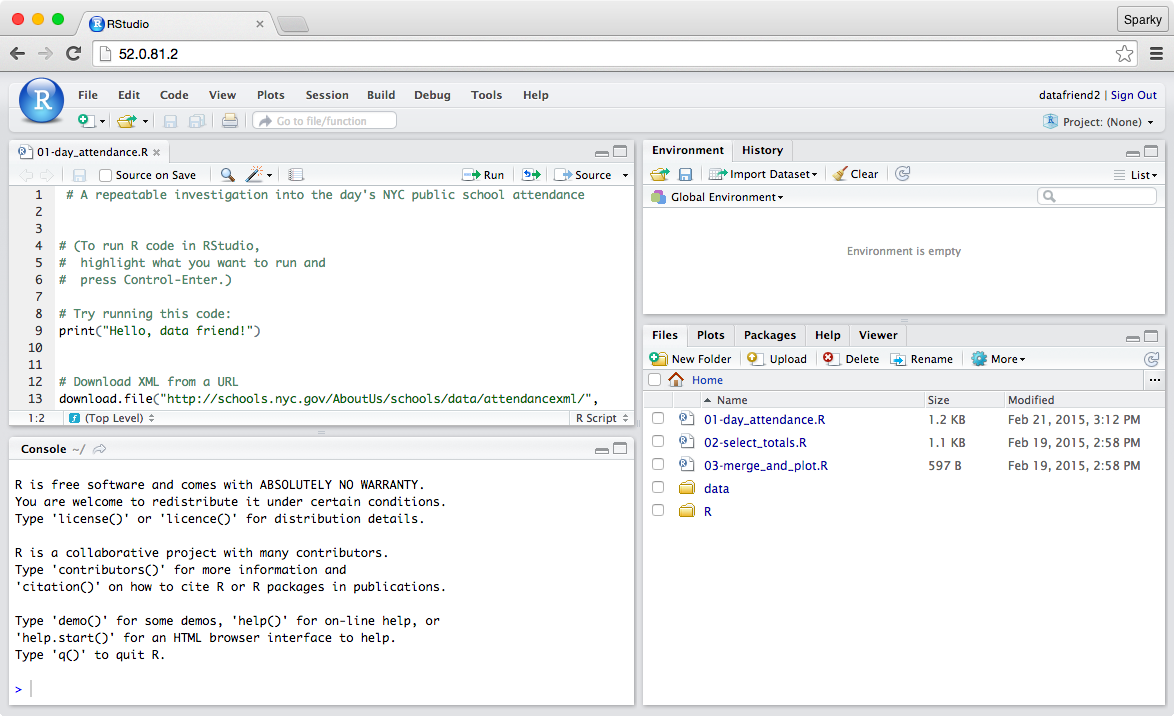
# Import `dplyr` library
library(dplyr)
# Load the data
data(babynames)
# Count how many young boys with the name "Taylor" are born
sum(select(filter(babynames, sex=="M", name=="Taylor"), n))
# Do the same but now with `%>%`
babynames %>%
filter(sex=="M", name=="Taylor") %>%
select(n) %>%
sumPipes
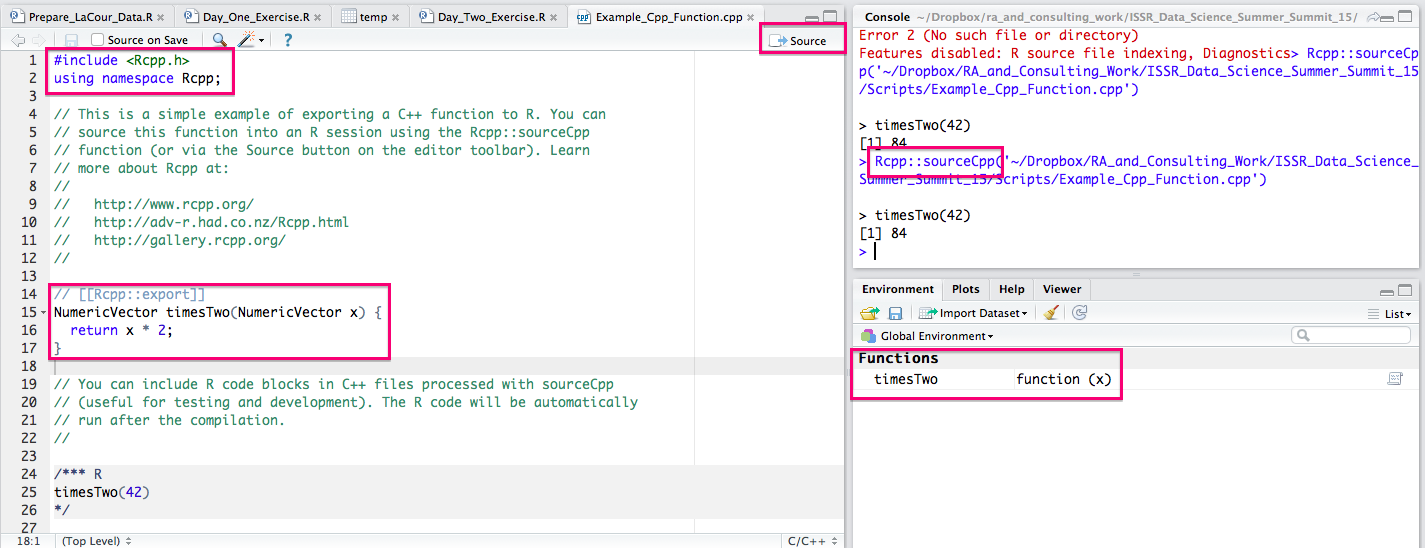

Escaping R for C++...
The "two language problem"
Matlab Julia

C to Julia
void rungekutta(int p, double *avector, double *gvector, double *bvector,
double **cmatrix, double dt, double h, double **T, double *t,
double **ka, double **kg, double **kb, double ***kc)
{
int i, j, k, m;
double eps, h2, sum;
i = dt/h;
h2 = dt/(i+1);
init_matrix(ka, 4, p);
init_matrix(kb, 4, p);
init_3dimmatrix(kc, 4, p, p);
if (kg != NULL)
init_matrix(kg, 4, p);
...
for (i=0; i < p; i++) {
avector[i] += (ka[0][i]+2*ka[1][i]+2*ka[2][i]+ka[3][i])/6;
bvector[i] += (kb[0][i]+2*kb[1][i]+2*kb[2][i]+kb[3][i])/6;
for (j=0; j < p; j++)
cmatrix[i][j] +=(kc[0][i][j]+2*kc[1][i][j]+2*kc[2][i][j]+kc[3][i][j])/6;
}
}
}
This function: 116 lines of C, built-in to Julia
Whole program: 1700 lines of C, 300 lines of Julia
# Run the ODE solver.
u0 = zeros(p*p)
pf = ParameterizedFunction(ode_observations!, fit)
prob = ODEProblem(pf, u0, (0.0, maximum(s.obs)))
sol = solve(prob, OwrenZen5())https://github.com/Pat-Laub/EMpht.jl
EMPht.jl

using Pkg
using EMpht
lt = EMpht.parse_settings("life_table.json")[1]
phCF200 = empht(lt, p=200, ph_structure="CanonicalForm1")LaTeX

New York Times, "Donald Knuth, The Yoda of Silicon Valley"

Overleaf
(Free for Uni Melb)
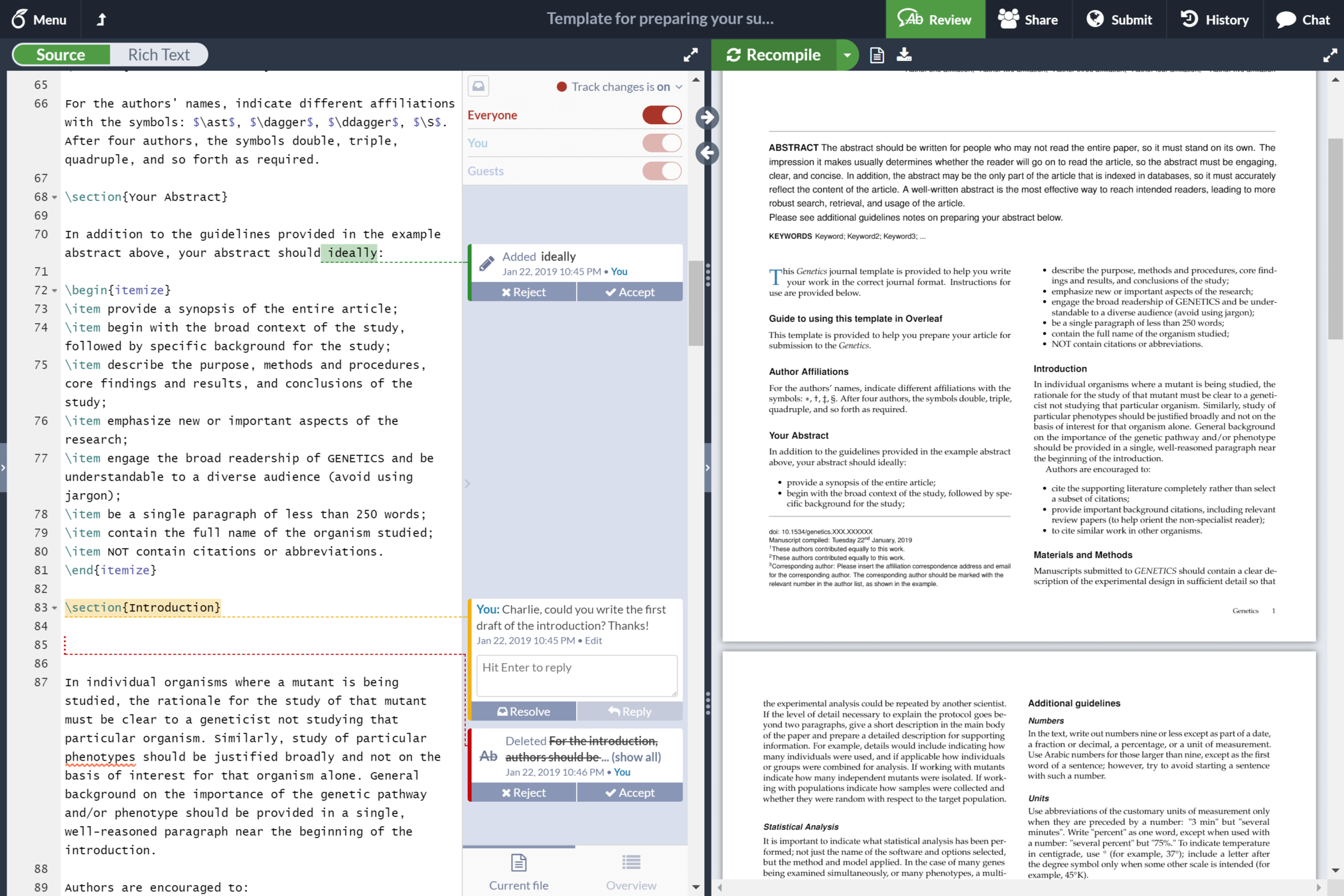
Google Ngrams

Versioning & code review
(Git & Github)

Gitkraken
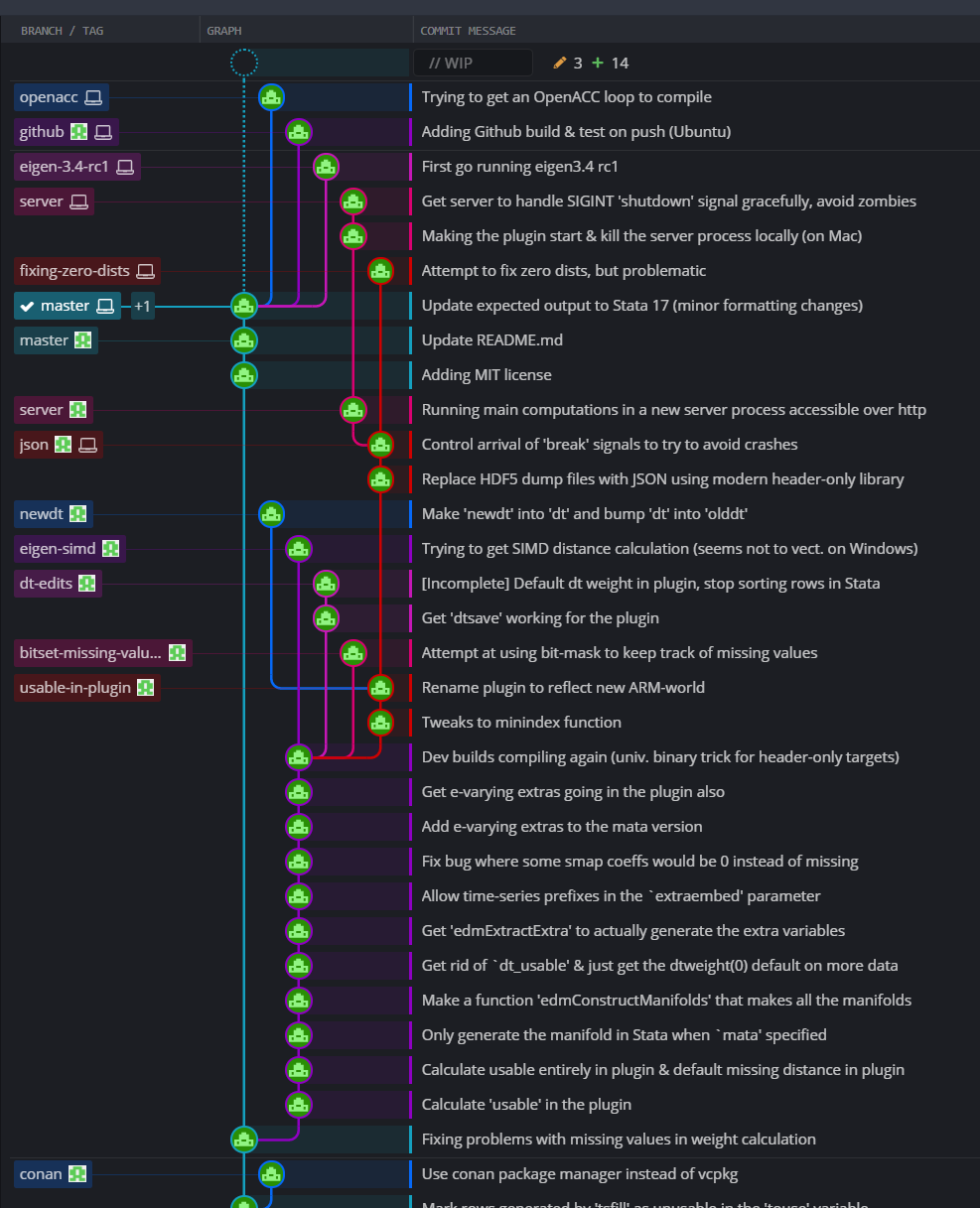
Take home messages
On your next project
be brave & try one new thing..
Appendix

WinDirStat
Regex
https://alf.nu/RegexGolf

Windows, Mac, and Linux
Linux \(\approx\) Unix \(\approx\) Ubuntu
Live in Mac/Windows, work on Linux
iPadOS / ChromeOS?
Linux is everywhere:
- Most phones (Android)
- High performance clusters
- Remote access to, e.g. WRDS
Remote access to private data

python experiment1.py
python experiment2.py
...
Extra shell tips
A long-running program
screen
./run_everything.sh
<disconnect>
Put it in a "run-everything.sh" file
./run-everything.sh
pdflatex paper.tex
bibtex paper
pdflatex paper.tex
pdflatex paper.tex
Put it in a "Makefile" file
make
Parallel Python
results = []
for i in range(N):
result_i = slow_function(i)
results.append(result_i)
from joblib import Parallel, delayed
with Parallel(n_jobs=40) as parallel:
fastResults = (delayed(slow_function)(i) for i in range(N))Use joblib
Multiple threads or multiple processes?
Use multiple processes in Python,
probably should use multiple threads elsewhere.


Baumann et al. (2019), A fork() in the road
17th Workshop on Hot Topics in Operating Systems
In practice..
Either:
- too much parallelism for the computer
- a problem which is too small for the parallelism
# This tells Python to just use one thread for internal
# math operations. When it tries to be smart and do multithreading
# it usually just stuffs everything up and slows us down.
import os
for env in ["MKL_NUM_THREADS", "NUMEXPR_NUM_THREADS", "OMP_NUM_THREADS"]:
os.environ[env] = "1"
sample_abc_population(N)
sample_one()
sample_one()
sample_one()
sample_one()
np.solve(A, x)

A Software Engineer's Toolkit for Quantitative Research
By plaub
A Software Engineer's Toolkit for Quantitative Research
- 2,289
